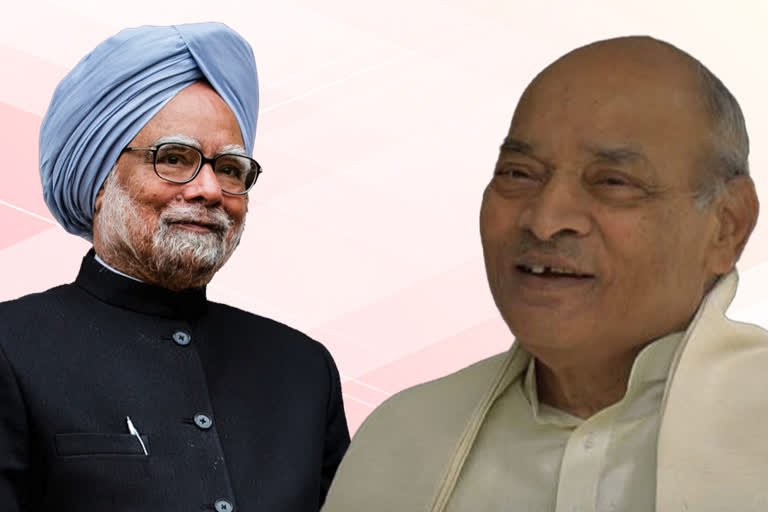Hyderabad: In early 1991, the Indian economy was on the brink of a complete breakdown. The country could have been barred from any fresh imports as foreign exchange reserves had fallen to less than $1 billion (down over 75% from a year ago) -- enough to pay for only two weeks of imports. The Reserve Bank of India (RBI) had to mortgage India’s gold reserves with Bank of England to avail $200 million as an urgent financial assistance to deal with the situation.
Internally, the country was under the grip of licence raj -- a term used to refer to the intense regulation of the private sector between 1947 and early 1990s.
Under licence raj, also known as permit raj, a company had to take approvals from up to 80 agencies in order to set up a business. Private players could manufacture goods only with official licences. The state would decide what was produced, how much, at what price and what sources of capital were to be used. The government also prevented firms from laying off workers or closing factories.
Then there were multiple and complex systems of control on both import and export fronts. The broader policy tended towards ‘protectionism’, with a strong emphasis on import substitution (meaning that India needs to rely on internal markets for development, not international trade).
The result: High unemployment rate, negative growth, a fragile manufacturing sector, fiscal deficit close to 8.5% of GDP (gross domestic product), current account deficit close to 3.5% of GDP and retail inflation rate of close to 13%.
It was the same year when P. V. Narasimha Rao took over as Prime Minister in June and roped in Manmohan Singh as finance minister. Within a month of joining office, the duo realised that India was facing an unprecedented crisis and the economy could collapse at any moment. Understanding the gravity of the situation, Rao backed Singh to initiate exactly what the country needed that time – a change of narrative for India from being a ‘state-controlled economy’ to ‘liberalised economy’.
“Let the whole world hear it loud and clear. India is now wide awake. We shall prevail. We shall overcome,” Manmohan Singh said at his historic budget speech on 24 July 1991 – exactly 29 years ago.
Budget reforms
Singh’s idea was to increase the degree of competition between companies in the domestic market so that there are “adequate incentives for raising productivity, improving efficiency and reducing costs”. To achieve that, Singh simply eliminated the Permit Raj and freed companies from quantitative restrictions.
“We have announced important changes in the industrial policy which will bring significant measure of deregulation in the domestic sector,” Singh said in the speech.
He also called for the Indian industry to be exposed to competition from abroad.
“As a first step in this direction, the government has introduced changes in import-export policy, aimed at a reduction of import licensing, vigorous export promotion and optimal import compression,” he said.
